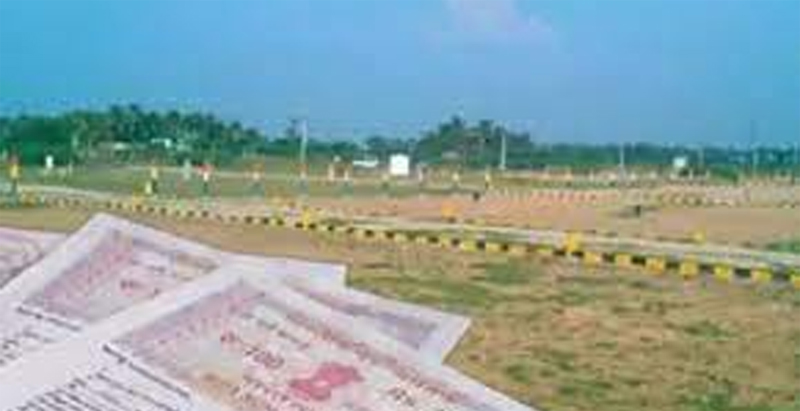Will lead to speedy disposal of cases
Excelsior Correspondent
JAMMU, June 5: In a major reform towards bringing down land disputes, the Revenue Department of Jammu and Kashmir Government today assigned powers of the court to the Regional Directors Survey and Land Records (ex-officio Settlement Officers) in addition to Additional District Development Commissioners (ADDCs).
“The landmark decision is aimed at sharply reducing the land disputes to benefit the people in fast and earlier settlement of their cases,” the officials said.
An order to this effect was also issued today by Secretary to Government Revenue Department Dr Piyush Singla.
As per the officials, presently only Additional District Development Commissioners were having powers of the courts to settle land disputes. The ADDCs were already burdened with many other works and on some occasions were finding it difficult to spare time to hold courts to settle disputes between two parties.
“Keeping this in view, the Revenue Department has decided to confer the powers of courts to Regional Directors Survey and Land Records,” the officials said, adding this will lead to expeditious disposal of cases.
An order issued by the Revenue Secretary today said the Government has conferred upon Regional Directors Survey and Land Records (ex-officio Settlement Officers) the powers of `Commissioner’ under Jammu and Kashmir Agrarian Reforms Act, 1976 and ‘Collector’ under Jammu and Kashmir Land Revenue Act, 1996.
The powers will be vested within their territorial jurisdiction in respect of cases transferred to them by the Financial Commissioner, Revenue, Jammu and Kashmir.
A number of land disputes arising among the people in different areas are referred to the Assistant District Development Commissioners for settlement in their Courts. However, since the ADDCs are overburdened with routine work, they get less time to settle series of pending cases.
“The powers were conferred to Regional Directors Survey and Land Records to ensure speedy disposal of cases. However, the ADDCs will continue to hear land dispute cases as usual,” the officials said.


